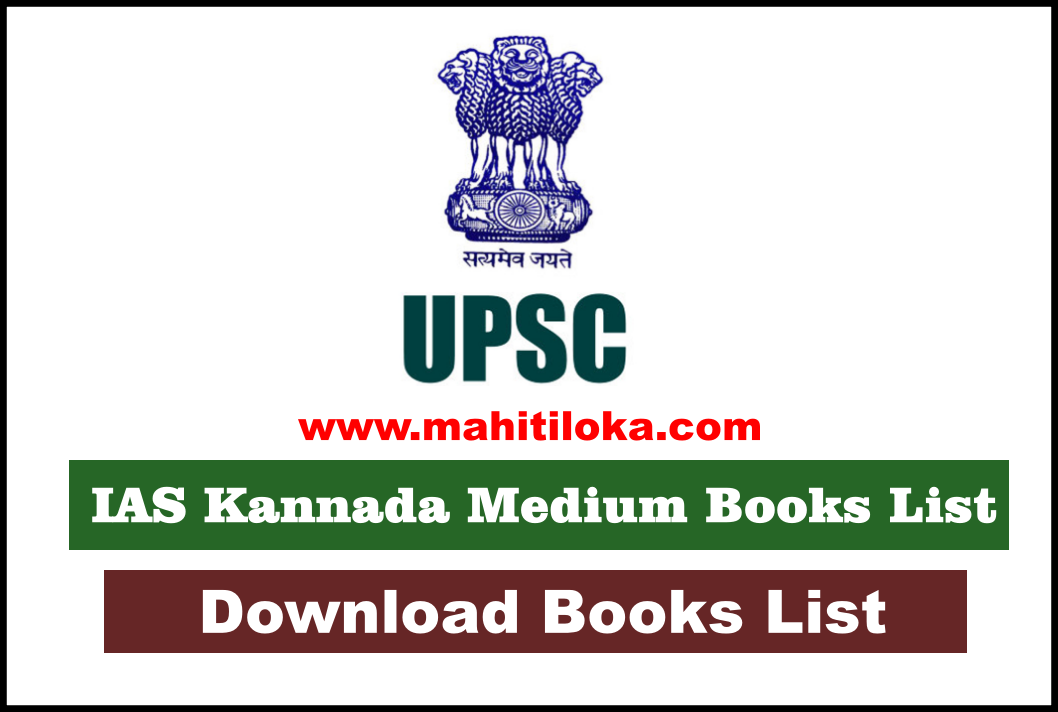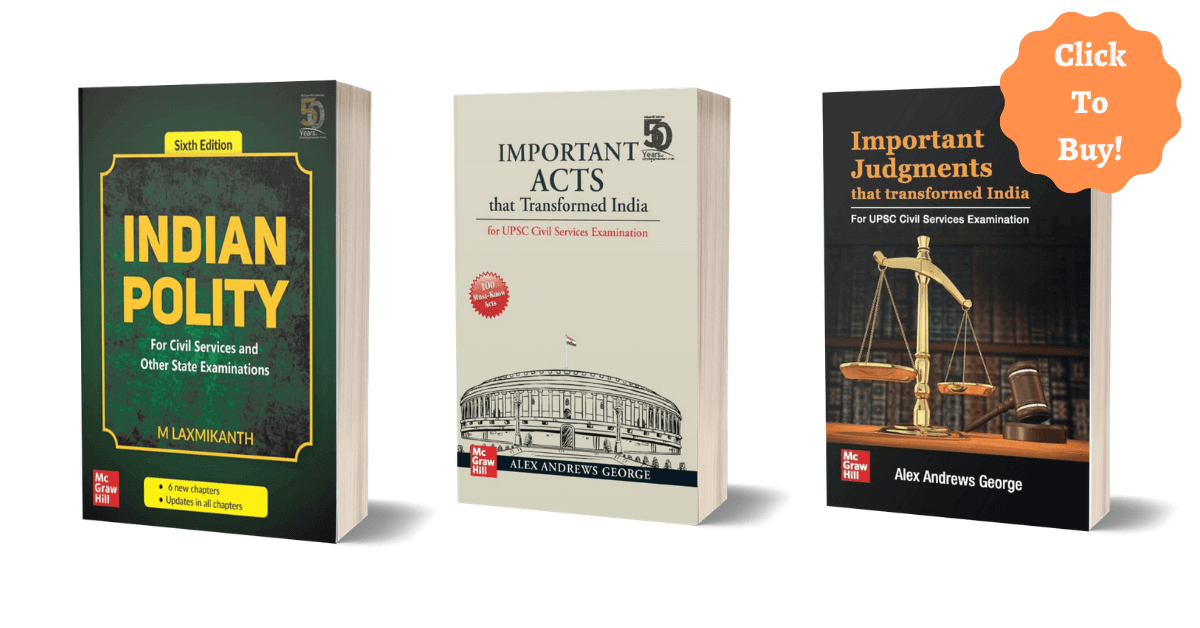

To attempt more number of questions correctly, one needs to have a certain level of “intuition”. Another myth that has been made popular by some of the ‘hacks’ and ‘shortcuts’ floating in the market is that if you attempt more questions it is easier to get more marks. Myth: You must attempt more than 90 questions to clear prelims. Consistent writing practice helps in honing articulation which leads to better expression, and, ultimately, better marks. Writing skills improve slowly, hence, it is more important that you practice regularly. So, if you do not practice, you would not be able to finish the paper on time. There is so much pressure in the exam hall that you can find it hard to think about new points. Writing at home and writing in the exam hall are two entirely different scenarios. Reality: This is one of the biggest mistakes one can make. Myth: Writing skills cannot be improved, so one should read now and directly write in the exam hall.

Once you know your study objectives, you can decide between self-study or joining a coaching institute. It is important to first understand where you stand and how much you need to improve. Coaching centres do have a study plan that they enforce on you, but it cannot guarantee success and they charge an astronomical fee, which many aspirants cannot afford. In the new era, one can make use of various great resources, such as mobile apps and websites. Myth: You cannot clear the exam without the help of a coaching institute. Yes, you might have to explain in the interview as to why you scored less, but it is not held against you if you have a valid reason. If you can develop those, you can clear this exam even if you had a second division in Class X or XII. What is required is general awareness, logical reasoning and good writing skills. Reality: Although being a topper helps, it does not guarantee you success in this exam. Myth: You need to be a topper throughout to clear the exam.

So, you should know a few basic facts such as size of the GDP, demographic data, and so on, but it will be easier to remember them once you understand their significance. However, some facts are considered to be the basis of building perspective, which are important to know. It tests your understanding, conceptual clarity and analytical skills. Reality: No, the exam does not test factual knowledge at all. Myth: I need to remember a lot of facts to clear CSE. The exam does not require one to be an expert in a topic, rather, aspirants should have general awareness and analytical skills. What is required is a general understanding of the topic and conceptual clarity. So, an IAS aspirant is generally much more aware than others. Moreover, the syllabus of the exam is huge, covering many subjects. But since this is a generalist exam, they are supposed to be generally well read, with a balanced outlook towards issues. Myth: IAS officers/aspirants should know everything about every topic/subject under the sun. Here are some things aspirants should avoid. Confused by half knowledge and filled with fear, many of the students start believing in myths floating around. While beginning their preparation, many students have partial knowledge about the exam, its nitty-gritties and preparation strategy. This must sound scary to over seven lakh aspirants who will be sitting for the exam.

The challenging Civil Services Examination (CSE) conducted by the Union Public Service Commission (UPSC) is spread over an entire year, divided into three extremely competitive stages, in which anything can go wrong at any stage leading to one’s failure.


 0 kommentar(er)
0 kommentar(er)
